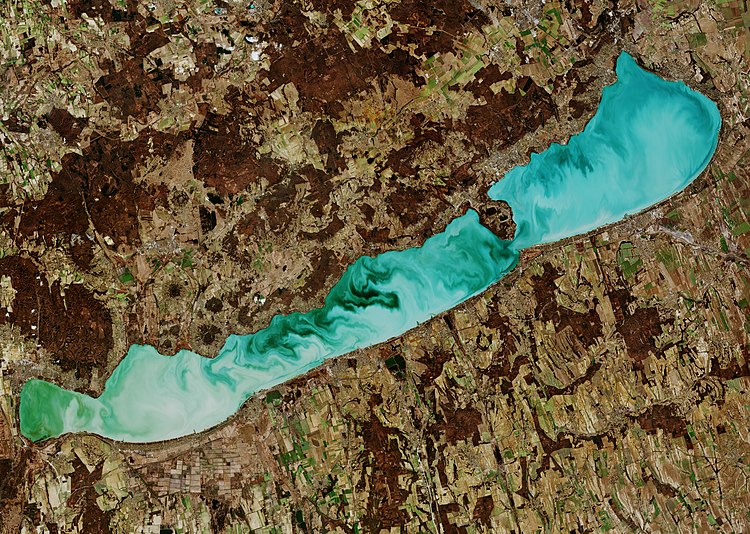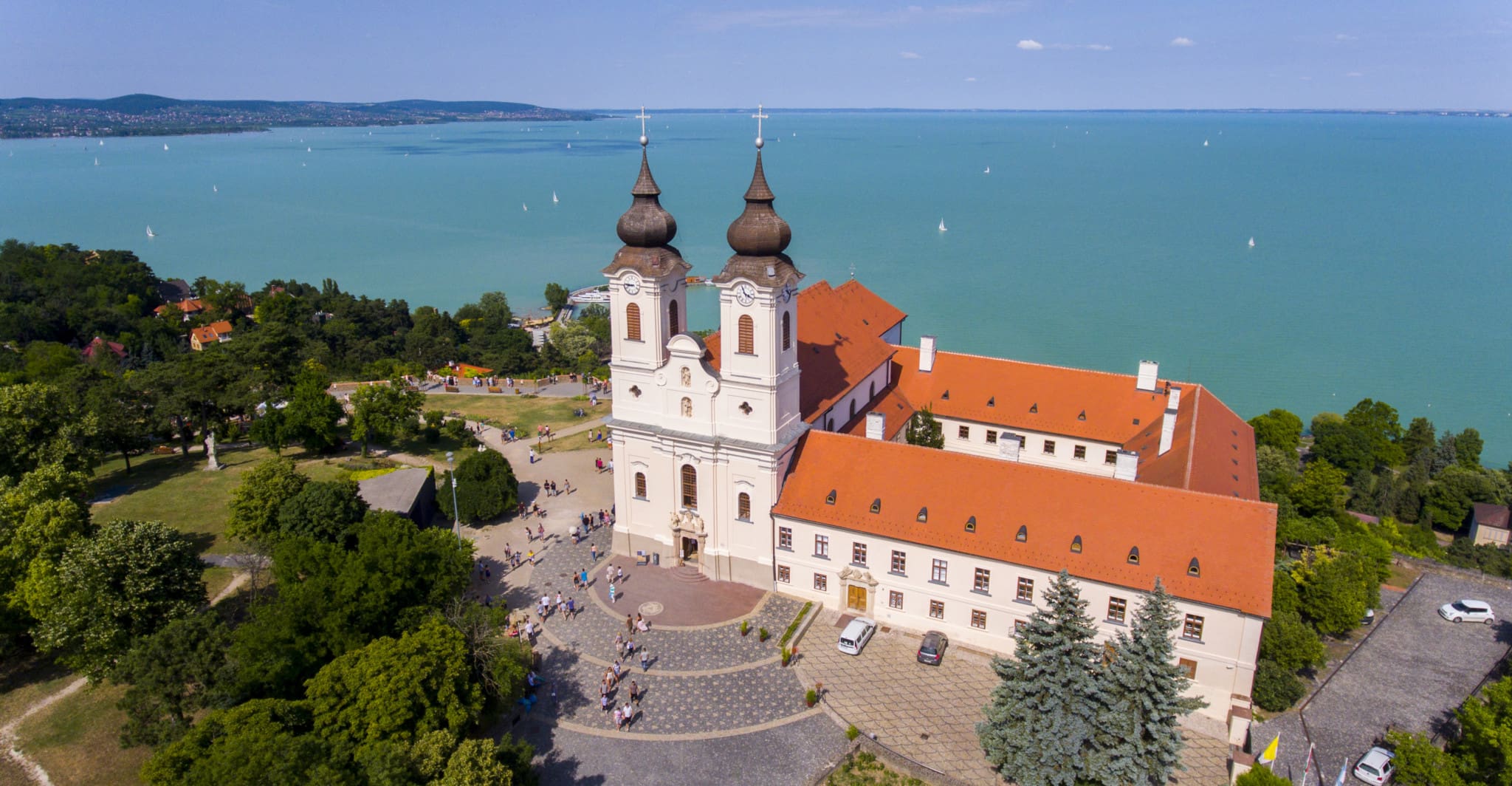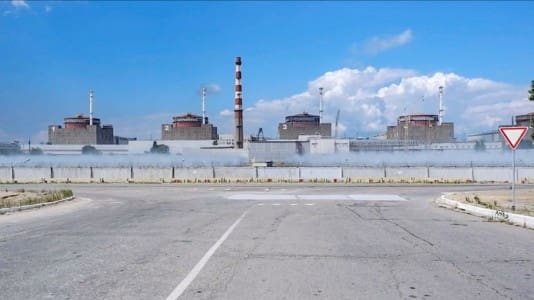Lake Balaton, Hungary’s largest freshwater lake, may need to be replenished by 2040 due to decreasing water levels, according to experts gathered to discuss the impacts of climate change and ways to mitigate the damage.
Europe is currently gripped in a cycle of extreme spring and summer heat, leading to falling water levels at lakes across the continent. Lake Balaton, the most famous lake in Hungary, is no exception to this trend.
At a meeting in the vacation resort of Tihany, Tibor Erős, the director of the Balaton Limnological Research Institute, which hosted the meeting, highlighted the concerns he has about the impact on the environment.
“Water levels for Lake Balaton have been available since 1921, but never before 2000 have there been so many extreme situations as between 2000 and 2022. During this period, the water level of Lake Balaton has decreased in nine years (during this period),” said Erős, who holds a Ph.D. from the Hungarian Academy of Sciences.

“After the damage caused by the drought between 2000 and 2003, experts worked out possible alternatives for water replenishment, but taking action then was not considered timely. At that time, water retention in the riverbed or reservoirs in the catchment was considered a possible solution,” he added.
Erős also spoke about the fact that several people at the meeting had called for a decision on how to deal with the water shortage. According to the models presented, it is likely that the lake will need to be replenished in the future, periodically between 2040 and 2060, and then relatively regularly thereafter. For this reason, it was suggested that a detailed plan should be drawn up so that the system could be built in a year or two, should an emergency situation warrant it.
He also pointed out that, with the increasing warming of Hungary’s waters in recent decades, there has been a significant increase in the number of alien plant and animal species that could displace native species.
“We must be wary of exacerbating the negative effects of climate change, such as interventions that alter micro-climates, wind patterns and natural habitats,” he said.
Lake Balaton, with an area of some 600 square kilometers (231 square miles), is also Hungary’s second-largest tourist attraction after the capital, Budapest.






